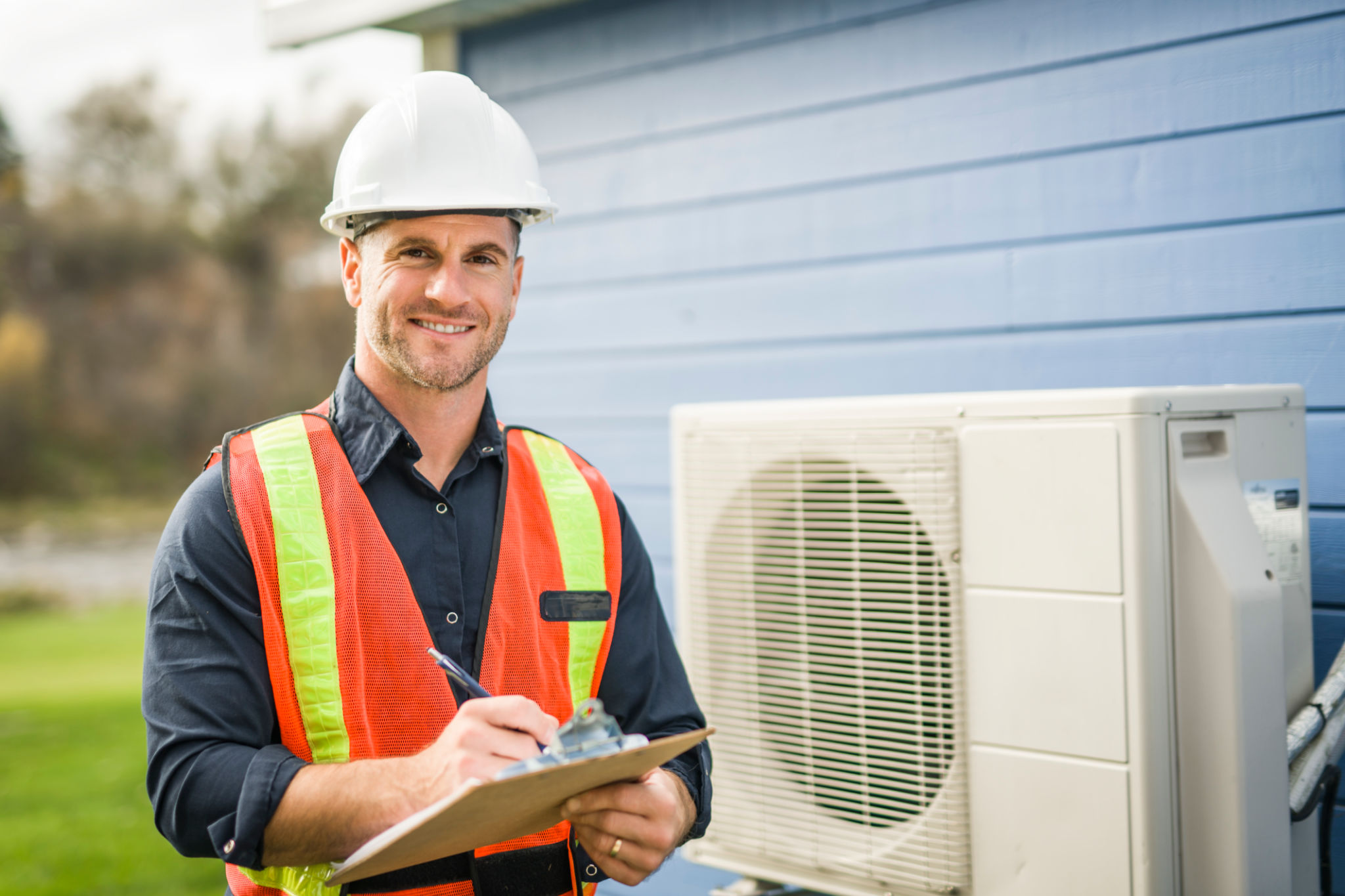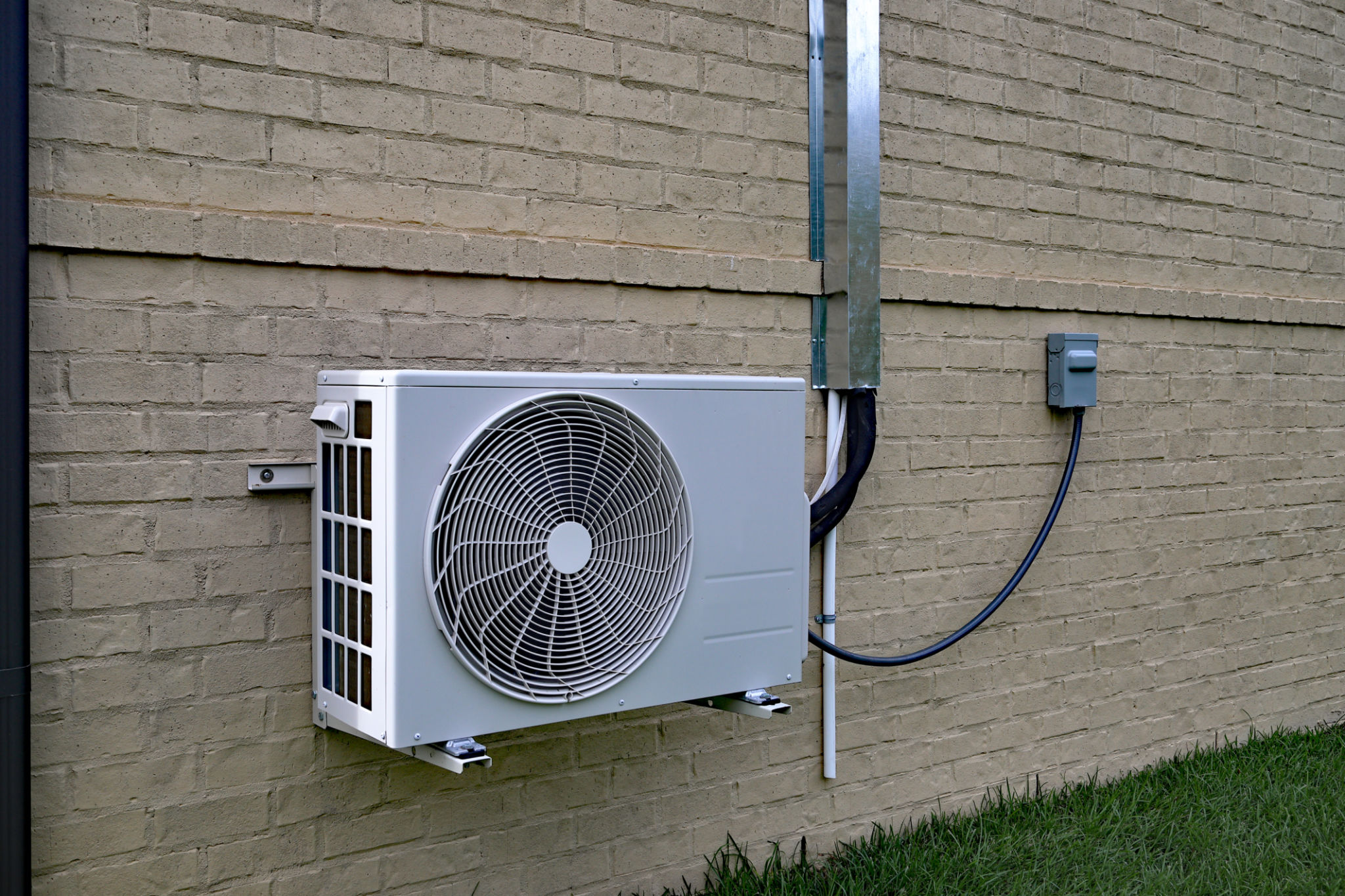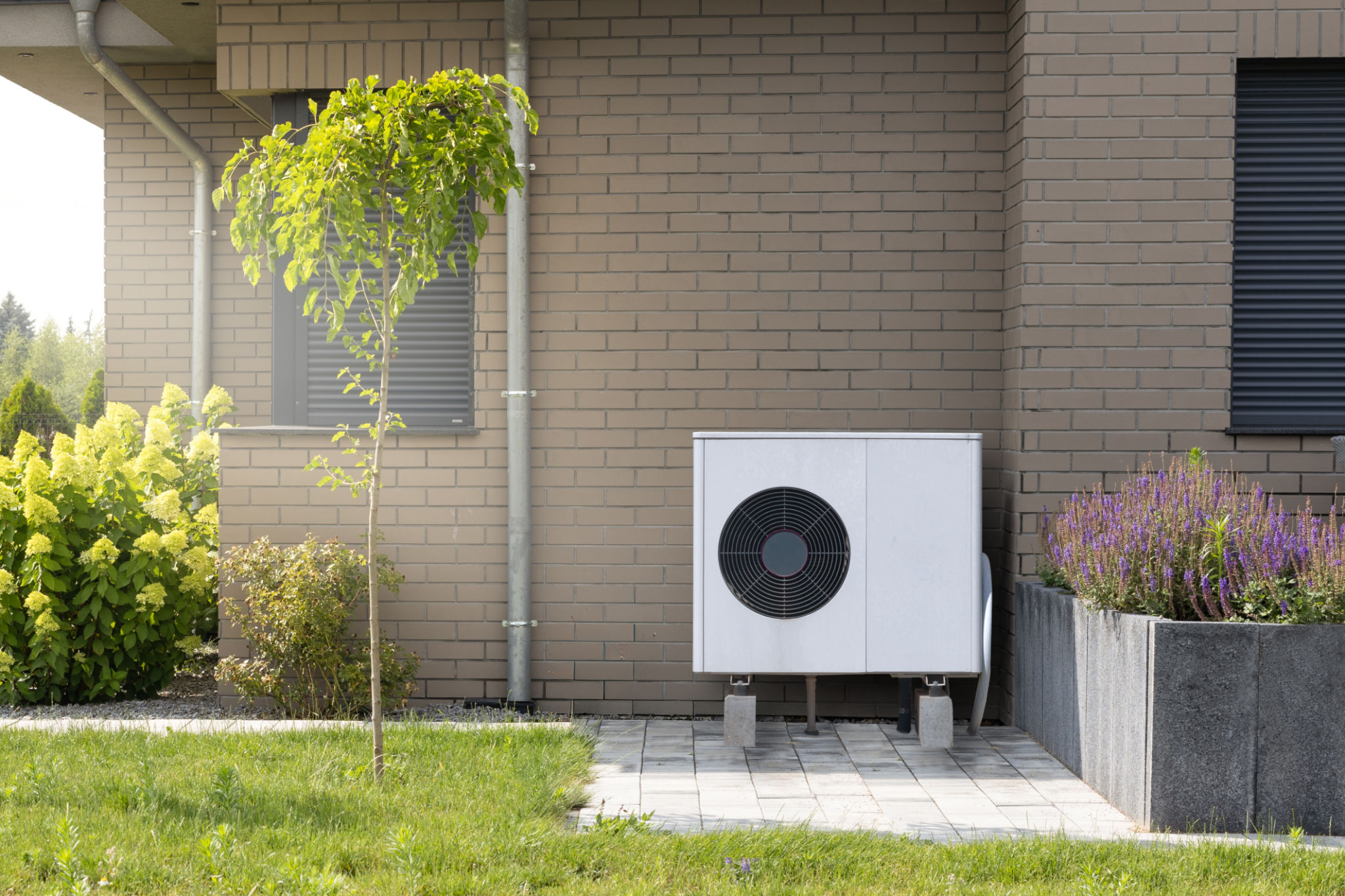Comparing HVAC Technologies: Finding the Right Solution for Your Central Texas Home
Understanding HVAC Technologies
When it comes to maintaining comfort in your Central Texas home, choosing the right HVAC technology is crucial. The climate in this region requires systems that can efficiently handle both hot summers and cooler winters. In this post, we will explore various HVAC technologies to help you find the best solution for your home.

Traditional Split Systems
Traditional split systems are among the most common HVAC technologies used in many homes. These systems consist of an indoor unit and an outdoor unit, working together to provide heating and cooling. Energy efficiency can vary greatly between different models, so it is important to look for units with a high Seasonal Energy Efficiency Ratio (SEER) rating.
One of the main advantages of split systems is their ability to distribute air evenly throughout the home. However, they may require ductwork, which can increase installation costs and require regular maintenance to ensure efficiency.
Ductless Mini-Split Systems
Ductless mini-split systems are a versatile option, especially for homes without existing ductwork. These systems consist of an outdoor compressor and one or more indoor air-handling units. Each indoor unit can be controlled independently, allowing for zoned heating and cooling. This feature can lead to significant energy savings since you can adjust the temperature only in rooms that are in use.

Installation of ductless systems is generally easier and less invasive than traditional systems, making them a popular choice for retrofits or room additions. However, initial costs may be higher, so it's essential to weigh the long-term energy savings against upfront expenses.
Heat Pumps
Heat pumps are an energy-efficient alternative that can both heat and cool your home. They work by transferring heat from one place to another, rather than generating heat from scratch. This makes them particularly efficient in moderate climates like Central Texas.
The two main types of heat pumps are air-source and ground-source (geothermal). Air-source heat pumps are more common due to their lower installation costs, while ground-source heat pumps offer higher efficiency but come with higher upfront costs due to the need for underground piping.

Smart HVAC Systems
The rise of smart home technology has also impacted HVAC systems. Smart HVAC systems integrate with home automation platforms, allowing homeowners to control their heating and cooling remotely via smartphone apps. These systems often feature learning capabilities that can adapt to your habits and preferences, optimizing energy usage automatically.
While smart HVAC systems can offer significant convenience and potential energy savings, they require a reliable internet connection and may involve higher initial investment costs. Still, their ability to provide real-time alerts and maintenance reminders can extend the life of your system.
Choosing the Right System for Your Home
Selecting the best HVAC technology for your Central Texas home involves considering factors like budget, existing infrastructure, and personal preferences. Each technology has its own set of benefits and potential drawbacks, so it is crucial to assess your needs carefully.
If you're unsure which system is right for you, consulting with a professional HVAC technician can provide valuable insights and recommendations tailored to your specific situation. Ultimately, investing in the right HVAC system can enhance your comfort and lead to long-term energy savings.
